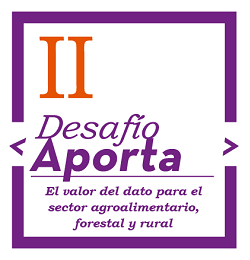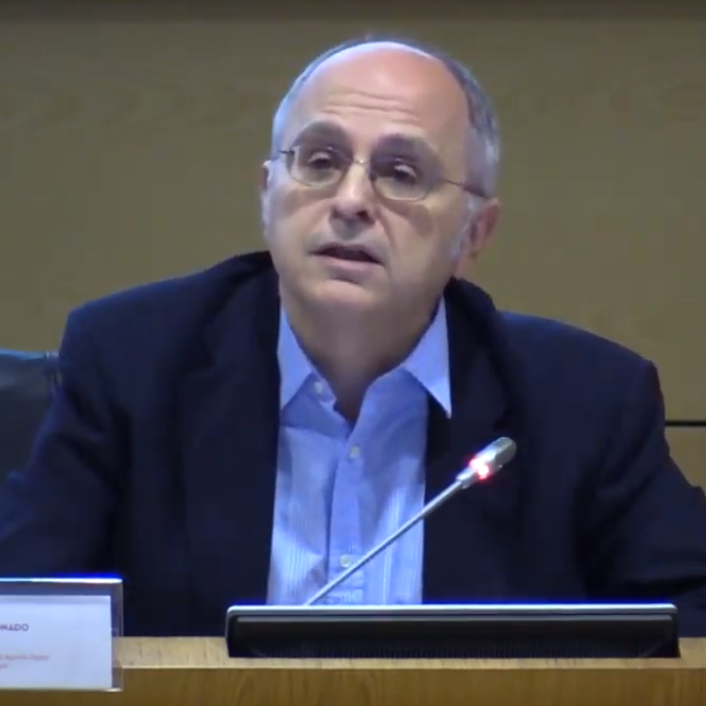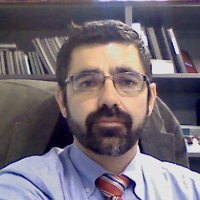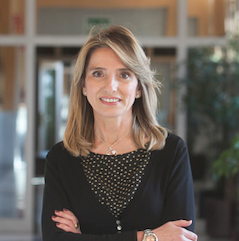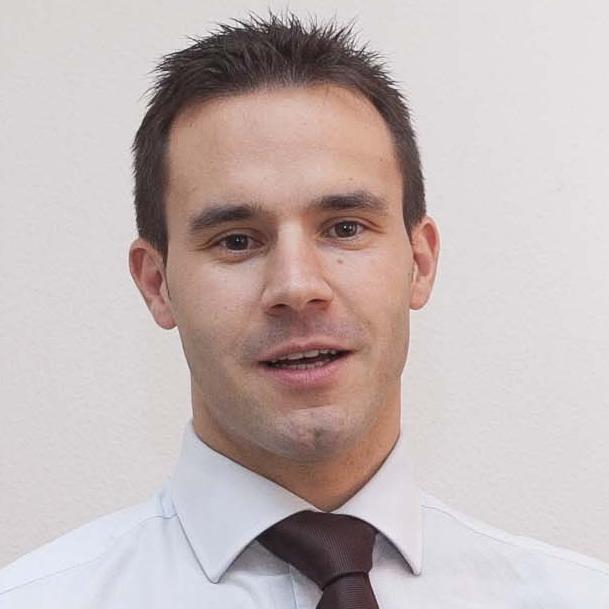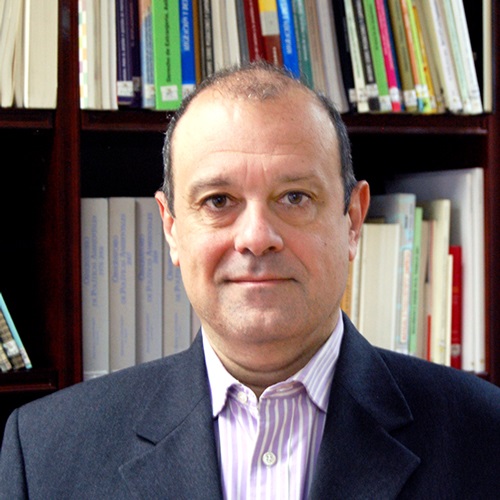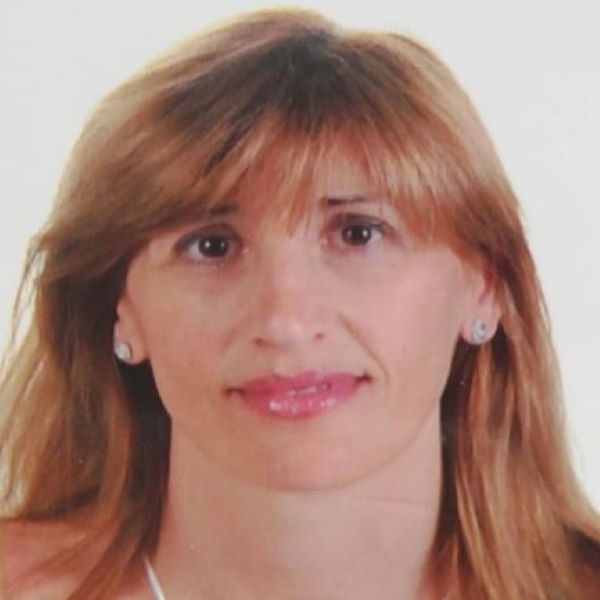Rules
The objective of the Aporta Challenge 2019 is the development of prototypes of applications, solutions and/or services which, using the open data made available by PAs, demonstrate how the reuse of open data can improve the agri-food and forestry sector and the rural environment in Spain.
Any individual or legal entity, company or research team that satisfies the following requirements and provides the relevant documentary evidence for doing so may take part in this competition:
|
One spokesperson is to be appointed per proposal. When the applicant is a legal entity, company, working group or research team, a spokesperson must be selected to represent the team for all relevant purposes.
Those interested in taking part must submit their application to participate using the application form and must satisfy all of the conditions specified in the rules for the Aporta Challenge 2019.
The Aporta Challenge will reward the three prototypes with the highest score from the Panel according to the criteria established. The prizes are:
|
The prizes will be presented at the end of the Aporta Meeting to be held in the final quarter of 2019.
